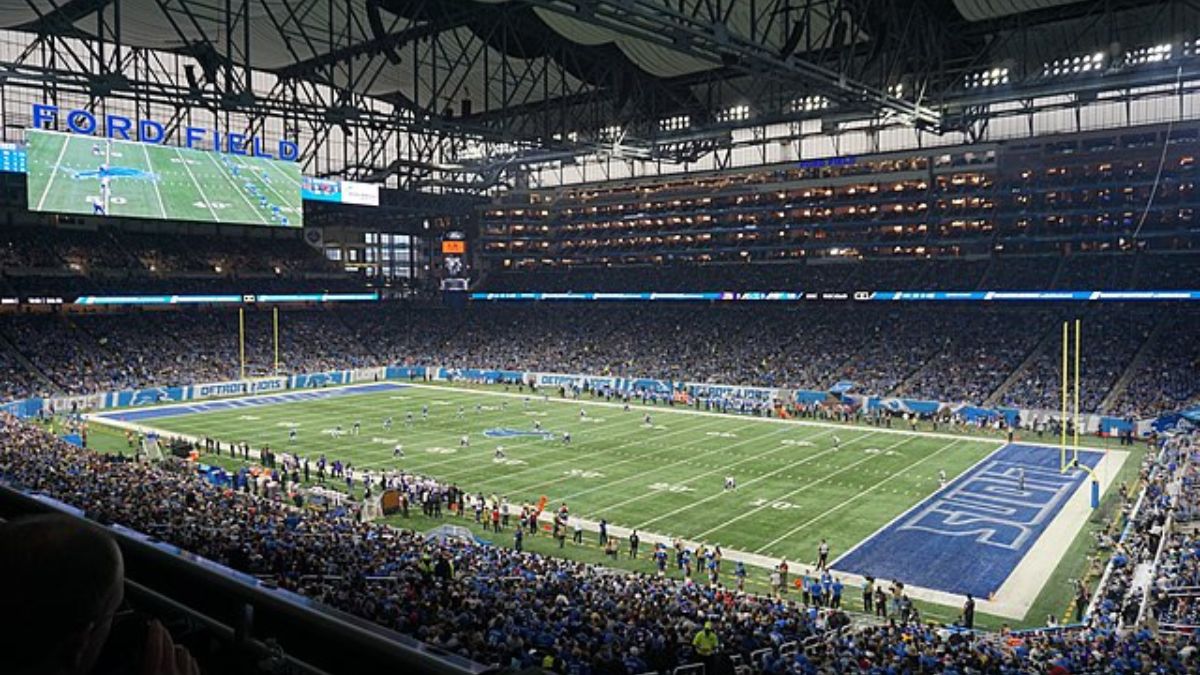Michigan’s House Judiciary Committee voted unanimously Wednesday to advance a bipartisan pair of “Taylor Swift”–inspired bills designed to crack down on automated ticket-buying “bots.” They don’t, however, require companies that regularly insist such programs are a massive consumer problem, or report their suspected use.
House Bills 4262 and 4263, sponsored by Reps. Mike Harris (R-Waterford) and Mike McFall (D-Hazel Park), would let the state attorney general impose civil fines of up to $5,000 per ticket obtained by any system that evades an online queue, waiting room, presale code or posted purchase limit. The measures now head to the full House for consideration.
“Buying tickets for popular shows or sporting events is like navigating a ‘Labyrinth’ because of the cheaters who ‘Mastermind’ ticket bot plots,” Rep. Harris said in a statement laden with Taylor Swift song references. “Our bipartisan plan will bring more affordable ‘Happiness’ to fans by empowering state prosecutors to impose some ‘Karma’ on unethical bot operators.”
What the bills would do
- HB 4263 – “Event Online Ticket Sales Act”
Bans any technology or tactic that circumvents purchase caps, electronic queues or ticket-validation tools for events held in Michigan. - HB 4262 – Enforcement companion
Gives the Michigan Attorney General investigative authority, allows civil lawsuits for injunctions, restitution and costs, and sets the $5,000-per-ticket fine.
The language mirrors the federal 2016 Better Online Ticket Sales (BOTS) Act, but creates a state-level cause of action so Michigan prosecutors can act even when federal regulators do not.
What the bills don’t do
Despite high-profile claims by event operators that bots are to blame for ticketing fiascos, neither measure imposes any duty on primary ticketing companies—such as Ticketmaster, AXS or SeatGeek—to report suspected bot attacks, preserve technical evidence or cooperate with investigators.
Criticism of the near-constant blame of “bots” for the consumer issues in ticketing while such programs have almost never been formally reported by the companies involved has drawn criticism in Washington. During a 2023 Senate Judiciary Committee hearing, Sen. Richard Blumenthal (D-Conn.) pressed Live Nation president Joe Berchtold on why his company had reported only one suspected bot incident to the Federal Trade Commission in nearly a decade, despite blaming the programs for soaring prices and site meltdowns. As Blumenthal wrote in a December 2024 letter to the FTC, “This lack of deterrence … has fostered a sense of impunity, inviting more scalpers with more sophisticated schemes, driving up prices for consumers.”
HB 4262 and HB 4263 are “tie-barred,” meaning neither can become law unless both (and identical Senate companions) pass. The full House could take up the package later this month; if approved, it would move to the Senate for final consideration.
For now, Michigan fans frustrated by sold-out onsales may feel some optimism. Whether that optimism turns into cheaper, smoother ticket buying—or just more Taylor Swift puns from Lansing—will depend on how aggressively the attorney general wields the new powers, and whether primary sellers choose to cooperate when the bots really do come calling.




